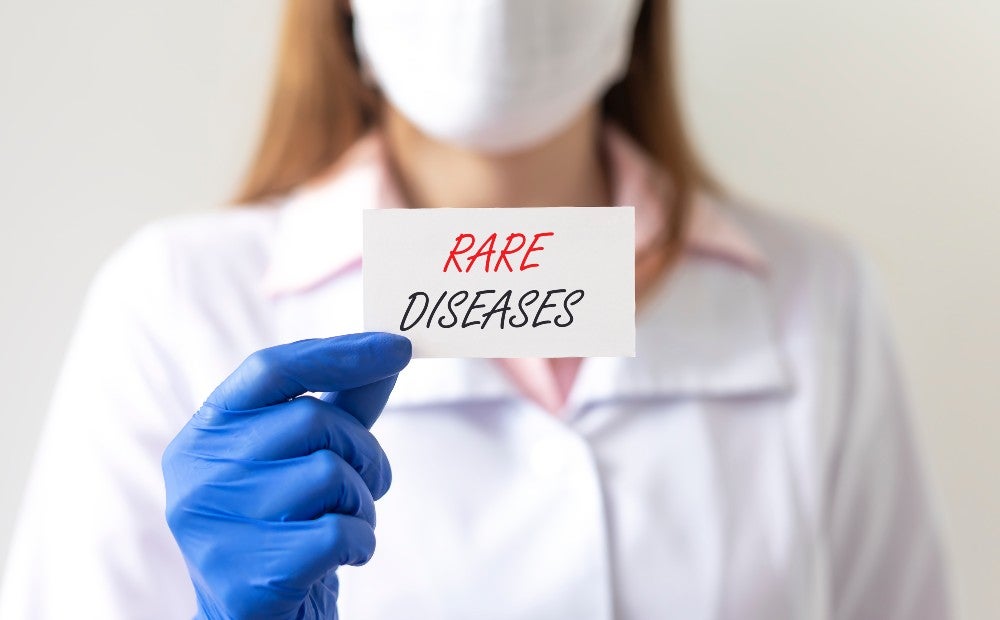February 28 is Global Rare Disease Day. This day emphasises the need for increasing access to diagnosis and therapies and equity in social opportunity and healthcare, Additionally, it brings attention to the limited and often poor quality of existing scientific knowledge on rare diseases. There are 7,000 rare diseases affecting 300 million people globally. These diseases include cystic fibrosis, turner syndrome, gaucher disease, and spinal muscular atrophy. According to GlobalData, there are limited clinical trials and products for rare diseases through the analysis of the above four diseases. For example, out of 1,400 active in vitro diagnostics (IVD) trials, out of the four highlighted diseases, only two trials are being conducted in Cystic Fibrosis. In comparison, there are 420 and 298 trials in cancer and infectious diseases, respectively.
Improved diagnostic tools are needed because many rare diseases have relatively common symptoms, which can mask underlying rare diseases, which leads to misdiagnosis and delayed treatment. Since 72% of rare diseases are genetic disorders, there is a potential for device manufacturers, particularly in the Next-generation sequencing (NGS) space, to ‘piggyback’ off existing technologies. The challenge mainly rests on the lack of scientific data on these rare genetic disorders. To establish an efficient and accurate NGS-based rare disease diagnostic device, there needs to be a robust database of genetic information on those diseases. Since these diseases impact a small percentage of the population, there is a need for more research to determine genetic markers and data collection to create large data banks to develop these devices.
Millions of people are lacking adequate diagnostic devices and treatments for diseases with little scientific knowledge. Rare Disease Day reminds manufacturers, shareholders, and other influencers in the IVD space that there is a need for new and improved IVD products for rare diseases.





